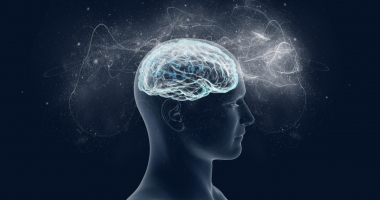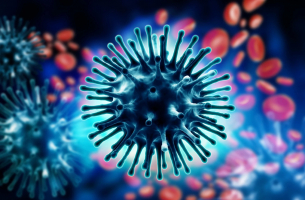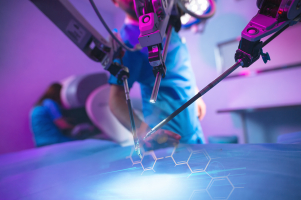Top 10 Things About Humanity That Biologists Can't Quite Explain
We now have a much better grasp of our own species than our forebears had, especially in the last ten or so years. We're now considerably closer to ... read more...comprehending our place in the cosmos - at least scientifically, if not philosophically - than we've ever been thanks to some astonishing developments in recent years in domains like medicine, neuroscience, and evolutionary biology. Despite all of that, there are still a number of mysteries surrounding the human race that, despite our best efforts, remain unsolved. The more we try to grasp some of them, the more perplexing they become. A few of them do nothing more than throw a light into the hole and show how deep and dark it really is, despite the fact that our improved tools and procedures are getting better at answering long-standing mysteries regarding how our species operates in most areas.
-
Many experts have responded to the question, "What is consciousness?" in various ways over the years. It serves as indisputable evidence to philosophers of the relevance of our species' place in the cosmos. It is simply one of the many unlikely events that could result from an endless world with unlimited possibilities, according to astrophysicists. But for biologists and neuroscientists, the solution isn't all that obvious, making it possibly the biggest body riddle we're aware of.
What, biologically speaking, is the boundary between the physical mass of biomass, brain, neurons, and all the other components of our body, and the conscious creatures with feelings and the capacity to perceive their environment that we are all endowed with? There is little doubt that we would fail if we attempted to create a fully functional model of our body in the lab and then tried to make it come to life by simulating all the connections between the various sections using the latest in prosthetic technology. We should be able to readily recreate life in controlled environments if we are merely a random collection of molecules and atoms that have evolved into life over billions of years through all the random processes that gave birth to life on Earth.
But we are unable to. Many might argue that it doesn't matter whether you're alive or dead because so many people with diseases that cause unconsciousness are still alive in every sense of the term. Nevertheless, this doesn't seem to be the case. Is it merely our capacity to create arbitrary emotions? Scientists are already working diligently to include AI to create emotional robots since it would enable them to do their intended tasks far more effectively. There is little question that they would readily succeed as well because AI has already developed sufficiently to do that, even though no one would consider them to be in any way "aware." What is it about the way our body and brain are organized specifically?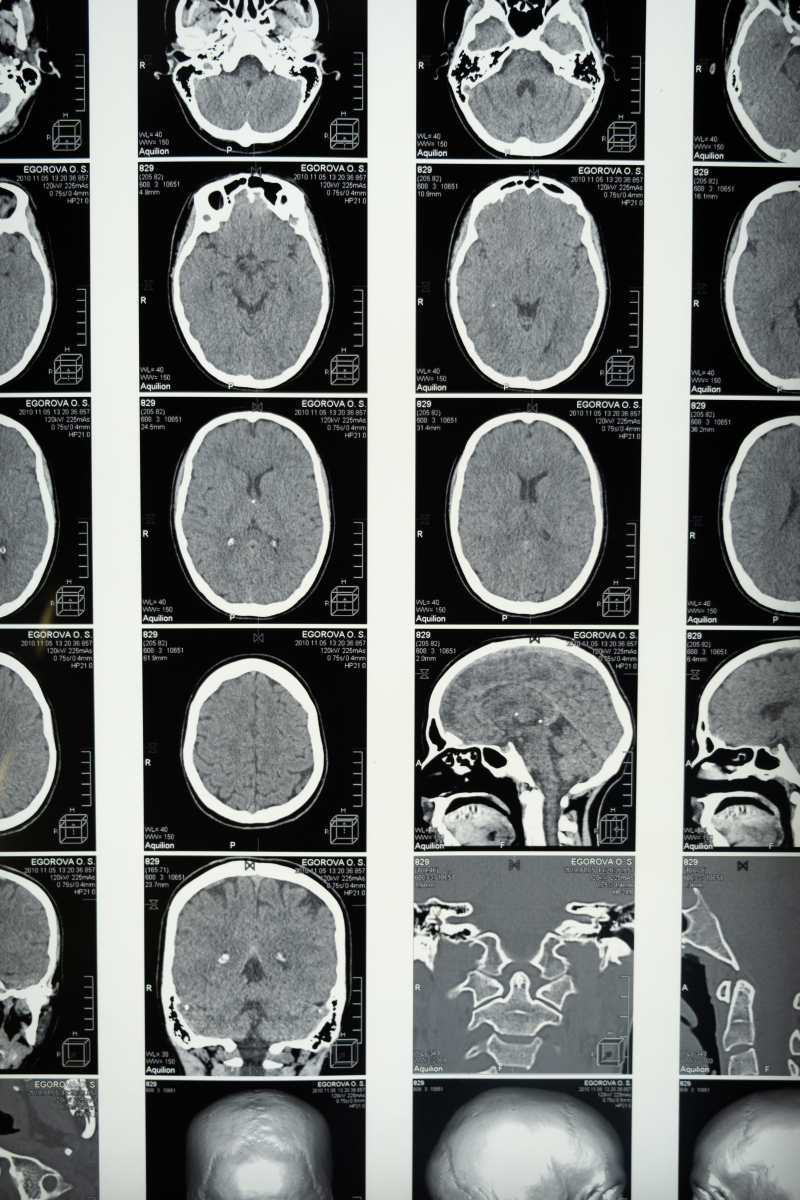
Image by cottonbro studio via pexels.com 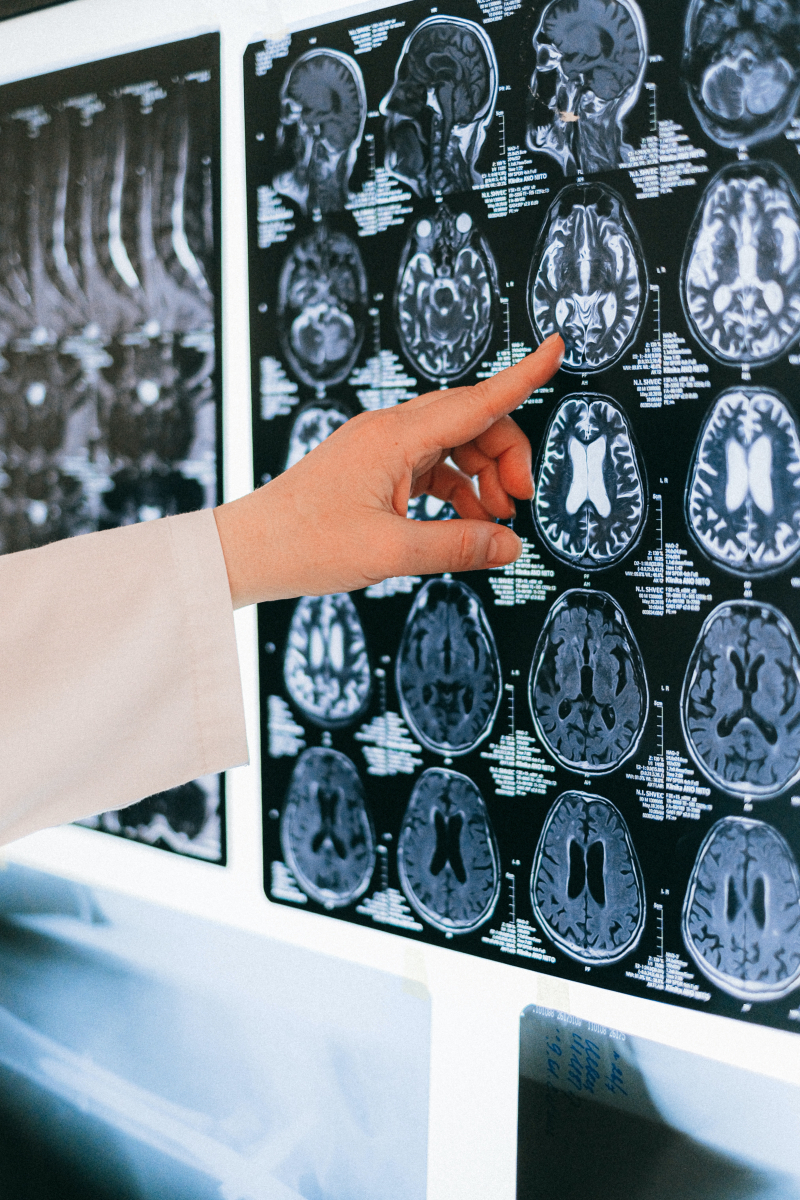
Image by Anna Shvets via pexels.com -
The fact that a significant portion of the DNA in the human body comes from bacteria has been recognized for some time. Although there have been overstated statements about the magnitude of it—some have even incorrectly asserted that more than 90% of it is made up of bacteria—we have just recently learned that the actual ratio of human cells to germs in our bodies is somewhere around 1.3:1. Even if that could be unexpected in and of itself, the situation becomes much stranger as we learn more about it.
A new study found that the bacteria that make up our body are much more diverse than previously believed, and that around 99% of them are absolutely foreign to us. These don't match any of the microbial species we are aware of on Earth in our genomic databases, and we would need to create totally new classifications to even catalog them.
Furthermore, we are also unsure of the precise functions that these bacteria perform within the body. We have theories and educated guesses as to why newborns who are unable to support a diverse colony of gut bacteria at birth experience several health issues as they age.

Image by Edward Jenner via pexels.com 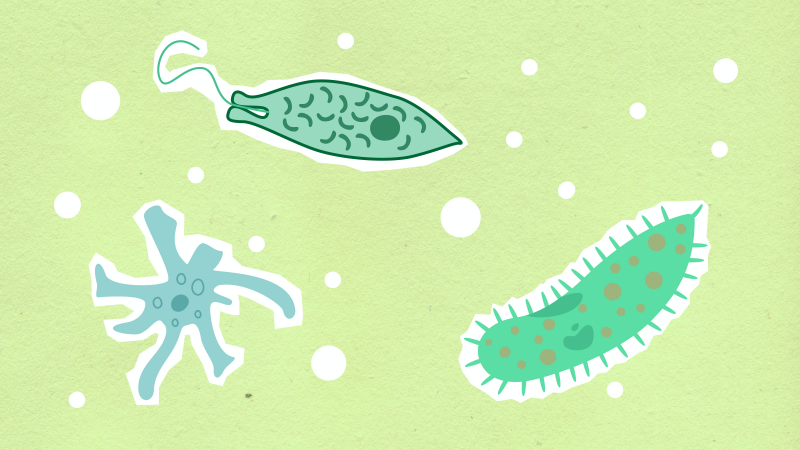
Image by Monstera via pexels.com -
There is no denying that sex is fantastic and that a wide range of animals on Earth use it for reproduction, even though this doesn't make a lot of sense from an evolutionary perspective. As sexual reproduction offers no immediate advantages over asexual reproduction, scientists have been unsuccessfully trying to explain why we evolved it in the first place.
The widely accepted view until this point has been that it helps remove bad genes from the pool, which may or may not be accurate, but that's nowhere near worth the enormous evolutionary cost it comes with. Due to the fact that one half of the population, males, do not procreate, sexual beings only transmit half of their genes to their progeny. It poses a serious threat to life in a cutthroat environment like Earth since asexual animals pass on 100% of their genes without having to go out and search for a spouse who is compatible with reproduction.
However, one study demonstrated that a species' incidence of deleterious mutations is much too low to support its contribution to the development of sex. But, since sexual reproduction accounts for around 99% of all multicellular organisms on Earth, it must have some distinct advantages over asexual reproduction. Apart from the obvious fact that sex feels amazing, what they are remains one of evolutionary biology's greatest mysteries.
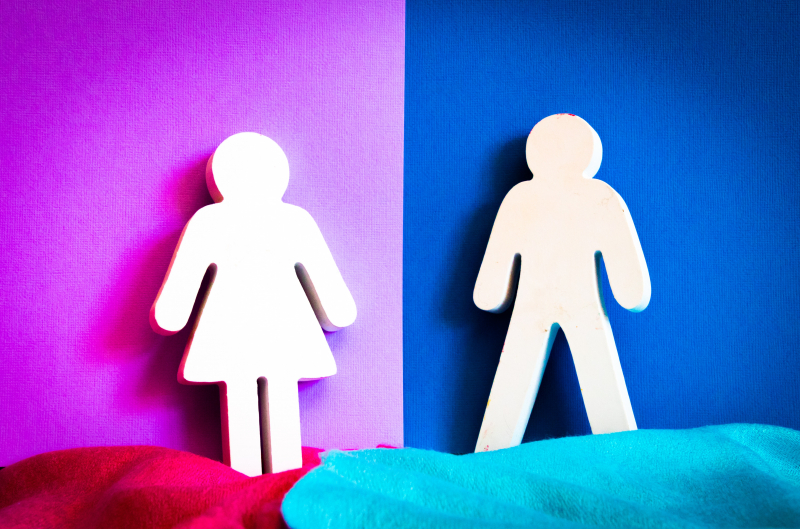
Image by Magda Ehlers via pexels.com 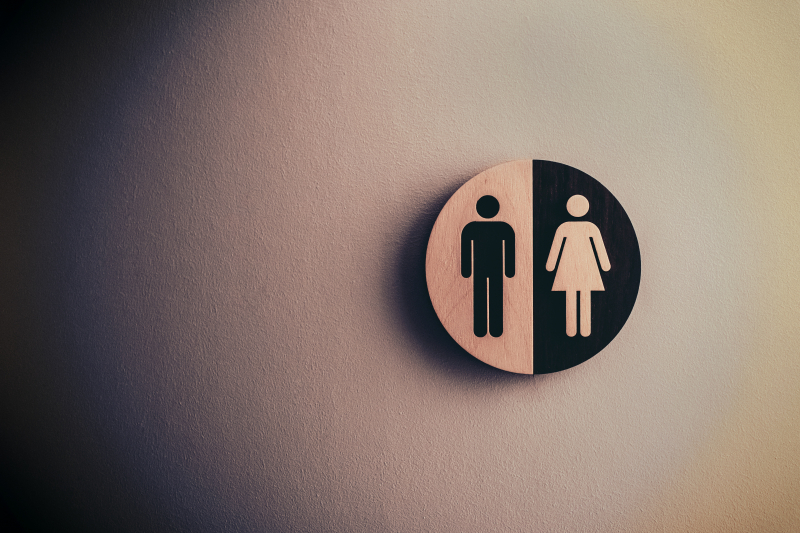
Image by Tim Mossholder via pexels.com -
Since the beginning of time, only minor painkillers like opium have been available to patients undergoing surgery; these drugs have little effect on more serious surgeries like amputations. Over 170 years ago, the development of anesthetic caused this to shift, along with the healthcare industry. It's inconceivable to the majority of us that this hasn't always been the case.
Although though anesthesia is unquestionably amazing, we still don't fully comprehend how it affects the brain. Despite the fact that anesthesia is a particularly enigmatic component of the equation, it has to deal with the more general subject of how consciousness functions, which we'd come to in a moment.
For starters, we don't know why it just affects the brain and not other body parts. Patients under anesthesia appear to be cognizant and pain-free while still having their other capabilities, such as cognitive ability, active and functioning as they would when awake. We simply don't know what region of the brain it alters or whether it affects everyone in the same way, which is likely why anesthesiologists are by far the most well compensated medical specialists practically everywhere in the world.

Image by cottonbro studio via pexels.com 
Image by cottonbro studio via pexels.com -
Since the beginning of time, only minor painkillers like opium have been available to patients undergoing surgery; these drugs have little effect on more serious surgeries like amputations. Over 170 years ago, the development of anesthetics caused this to shift, along with the healthcare industry. It's inconceivable to the majority of us that this hasn't always been the case.
Although anesthesia is unquestionably amazing, we still don't fully comprehend how it affects the brain. Despite the fact that anesthesia is a particularly enigmatic component of the equation, it has to deal with the more general subject of how consciousness functions, which we'll come to in a moment.
For starters, we don't know why it just affects the brain and not other body parts. Patients under anesthesia appear to be cognizant and pain-free while still having their other capabilities, such as cognitive ability, active and functioning as they would when awake. We simply don't know what region of the brain it alters or whether it affects everyone in the same way, which is likely why anesthesiologists are by far the best compensated medical specialists practically everywhere in the world.

Image by Andre Moura via pexels.com 
Image by rovenimages.com via pexels.com -
Aging has been a particularly annoying issue for the human race for thousands of years since it ensures that no matter how healthy we keep ourselves, we all pass away at some point. Most individuals are unaware that there is now no known biological or scientific explanation for why we age. In actuality, it is totally possible to halt the harm that aging causes to live cells. In one study, scientists were able to repair mice's vision by undoing the DNA damage that builds up with age, effectively bringing the cells back to a younger, more functional condition.
This indicates that, despite the fact that we still don't fully understand why aging occurs, we do have a decent knowledge of what aging does to the body. One example is that as we age, the stem cells are programmed to create fewer and fewer red blood cells; however, it is unclear whether this is because the cells are preprogrammed to do so from birth or if our environment plays a role in this process. The mitochondria, the cell's powerhouse, also plays an unexplained role in death because it ages all of us and becomes damaged and less effective over time, though the exact reason for this remains unknown.

Image by Matthias Zomer via pexels.com 
Image by Nashua Volquez-Young via pexels.com -
We sleep because... Yet it scarcely explains it; the majority of us assume that it's the body's natural way of relaxing after a long day. No matter how much physical or mental effort we put in during the day—or even if we spend the entire day doing nothing but sitting on the sofa—we must sleep for the same length of time. According to evolutionary theory, it would have been impossible for us to survive as hunter-gatherers for eight hours or more each day; therefore, whatever is happening inside the body during that period must be of utmost importance.
Although there are many possibilities, there is still no agreement among scientists as to why humans even sleep at all. Although studies show that the longer you stay awake, the more active your brain is when you finally fall asleep, one of the reasons is that it's an energy-saving state with little activity that allows the brain to recover. There are also all the dreams that can only occur during REM sleep, which gets shorter as you get older. Even though it is slightly more active than it is when we are awake, the brain is scarcely active during that period.

Image by Rachel Claire via pexels.com 
Image by Acharaporn Kamornboonyarush via pexels.com -
The most common explanation for why some people are left-handed is that it has to do with how the right and left halves of the brain function differently. Yet, research has shown that it is unrelated to the brain in any way. Even with genetics, we still lack a solid means to anticipate whether someone will end up being left or right-handed since the spinal cord makes this decision long before the brain has fully formed inside the womb.
Then there is the mystery of why roughly 90% of people are right-handed, which would seem to have a fairly even distribution. As things stand, it's another one of those puzzles that, despite our constantly expanding collection of scientific tools, we've known about for a while but haven't been able to solve.
Also, it has an evolutionary and social component. Being left-handed is unquestionably a disadvantage because everything appears to be made with right-handers in mind. Moreover, left-handedness has historically been associated with evil in many cultures around the world; in fact, the word "sinister" is derived from a latin term that means "on the left side." If the trait was hereditary, it should already have been eliminated from the population by now, but we lack solid studies to definitively verify that it is.
Image by RODNAE Productions via pexels.com 
Image by Cup of Couple via pexels.com -
Everyone can understand laughter, no matter where they are in the globe. Nevertheless, very few people are aware of why we laugh, why we laugh, or even what occurs to our brains when we laugh. One of the most perplexing aspects of human behavior from a scientific perspective is laughter, and we're still no closer to unraveling it.
We don't always laugh in response to anything cheerful or positive, despite what the general public believes. It can occur as a result of tickling, medications, mental illnesses, or a wide range of other circumstances that have nothing to do with happiness. Studies have shown that most laughter is uncontrollable and in response to social cues that aren't at all humorous on their own. Laughter also rarely occurs in response to something amusing. However, many ape species laugh as well, suggesting that laughter is not just a uniquely human response adapted to our particular social milieu.
Then there's the issue of exactly which body parts are involved in laughing. If you assumed that laughing only affected the brain, think again. For many people, laughing also affects the legs, hands, and torso, as well as other seemingly unconnected portions of the body.
Image by Pixabay via pexels.com 
Image by Rodolfo Quirós via pexels.com -
On the surface, memory doesn't seem to be a complicated concept. When we encounter something, our brains store it as learned knowledge that may be retrieved at a later time if necessary. Unless we are deliberately forcing our brain to retain certain information for a specific later use, such as when studying for a test, the process is virtually entirely unconscious.
Memory recall is one of the greatest mysteries in neuroscience, and while the process of storing memories is fairly well understood, we simply do not understand how the brain retrieves that information (which is saying a lot, as the brain has a lot of other mysterious features).
Except for the hippocampus, where we know new memories are encoded when they are generated, we have no idea what happens in the brain whenever the frontal cortex sends a signal intended to retrieve a specific memory or even what areas of the brain are used in the process.
Image by Dominika Roseclay via pexels.com 
Image by Leah Kelley via pexels.com
















